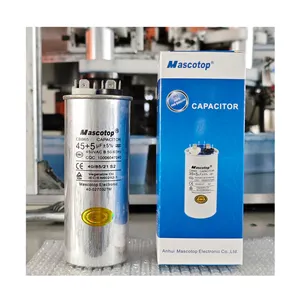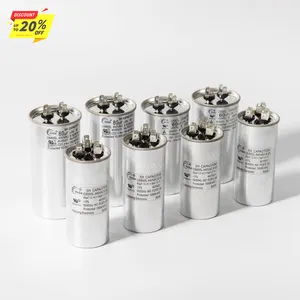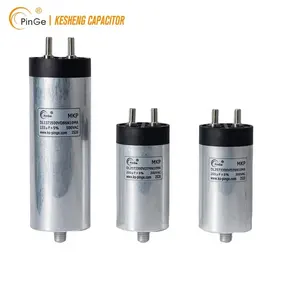Introduction to CD60A AC Motor Capacitors
The CD60A AC motor capacitor is a specialized component designed for enhancing the performance of alternating current (AC) motors. These capacitors are crucial in starting single-phase AC motors and enabling them to run efficiently. The CD60A variant, in particular, is known for its reliability in motor start applications.
Types and Applications
Capacitors come in various forms, each suited to specific applications. The CD60A motor starting capacitor is specifically designed to overcome the initial torque deficit in AC motors, facilitating a smoother start. This type is commonly used in conjunction with household appliances, HVAC systems, and industrial machinery that require a consistent starting and running phase.
Technical Specifications
Understanding the technical aspects of the CD60A AC motor capacitor is essential for proper application. These capacitors are characterized by their capacitance value, typically measured in microfarads (µF), which indicates the amount of energy they can store. The voltage rating of a capacitor determines the maximum voltage it can handle without risk of failure.
Features and Materials
The construction of a CD60A AC motor capacitor involves the use of robust materials that can withstand electrical stresses. The dielectric materials used in these capacitors are chosen for their high insulation properties and thermal stability, ensuring a long service life and consistent performance.
Advantages of CD60A Capacitors
Utilizing a CD60A motor starting capacitor offers several advantages, such as improved motor start-up efficiency and reduced wear on motor components. These capacitors are engineered to deliver the necessary jolt to initiate motor function, thereby optimizing the motor's operational efficiency.
Choosing the Right Capacitor
Selecting the correct CD60A AC motor capacitor is crucial for ensuring optimal performance and longevity of your motor. Factors to consider include the capacitor's voltage rating, capacitance value, and size. It is important to match these specifications with the requirements of your specific motor application.










































 浙公网安备 33010002000092号
浙公网安备 33010002000092号 浙B2-20120091-4
浙B2-20120091-4